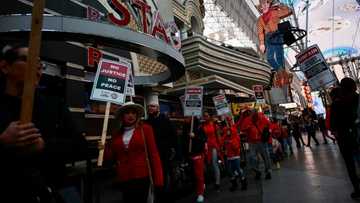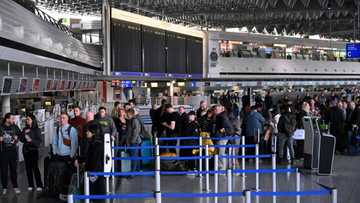Gaza war paralyses Israeli tourism for third year
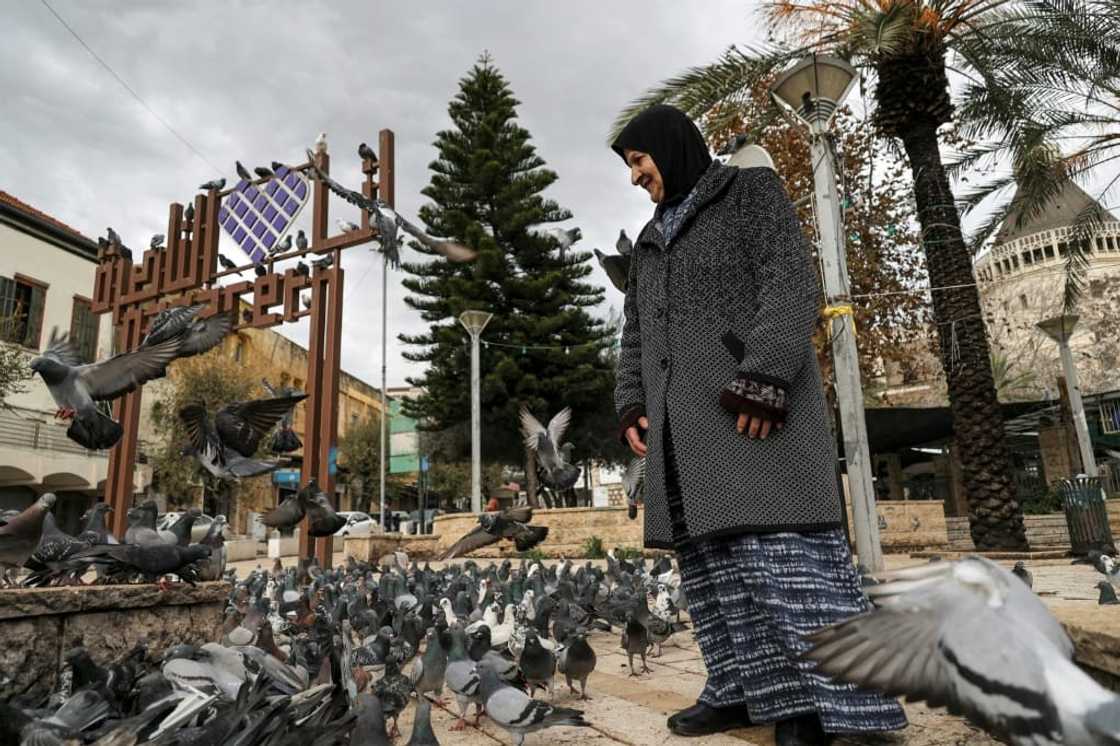
Source: AFP
In Israel's biblical city of Nazareth, the basilica is empty, restaurants and shops that usually thrive on Christian pilgrims are closed, and many hotels have been shut for months.
The Gaza war that began after the Hamas attack of October 7 has plunged the country's tourism industry into a fresh crisis, just as it had started to recover from the Covid pandemic.
"We felt that the influx of tourists was starting to be good at the end of September, the beginning of October," said Marwa Taha Abu Rani, manager of the Fauzi Azar hostel in the Old City.
With the outbreak of war, future bookings were cancelled, she told AFP about her guesthouse, part of the Abraham Hostel group and located in a grand 19th-century home.
"We aren't working at all," she said. "There's no one."
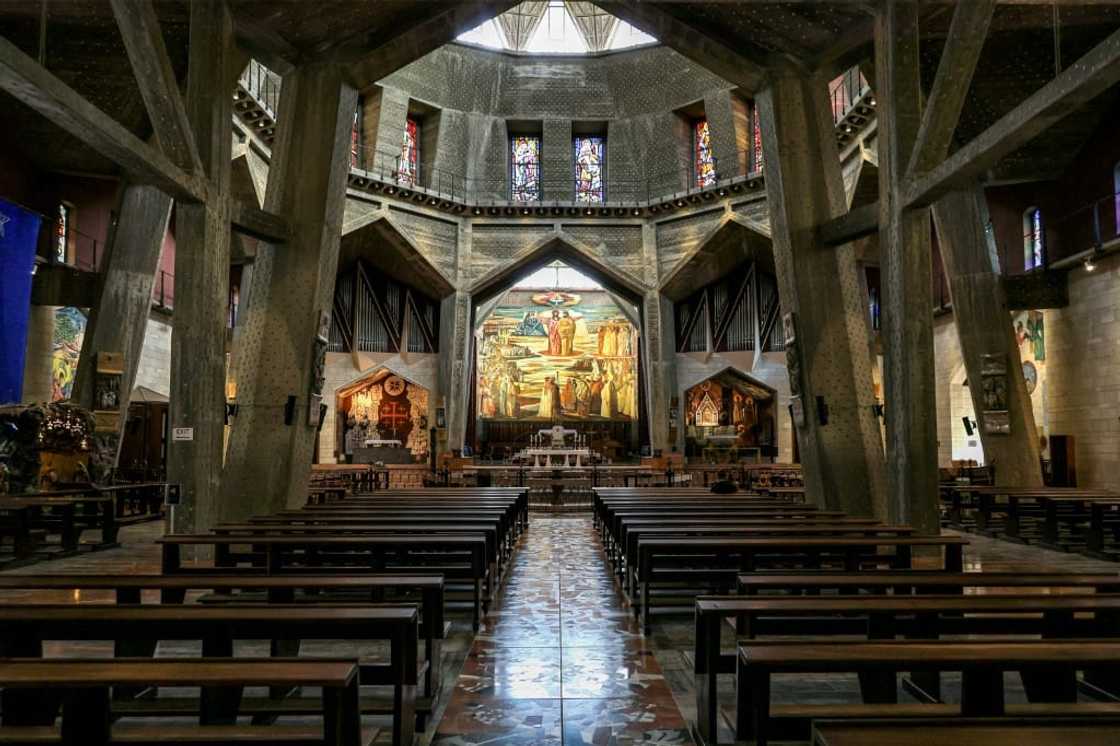
Source: AFP
PAY ATTENTION: Let yourself be inspired by real people who go beyond the ordinary! Subscribe and watch our new shows on Briefly TV Life now!
The hostel's tall arched windows overlook the marketplace and the Basilica of the Annunciation, where Catholics believe the Angel Gabriel told Mary she would give birth to Jesus.
The economy of Nazareth, set in the hills of northern Israel, is heavily dependent on Christian pilgrims, making it a bellwether for Israel's tourism industry on the whole.
Even during what is the low season on the annual tourism calendar, the city has been unusually empty.
October 7 impact
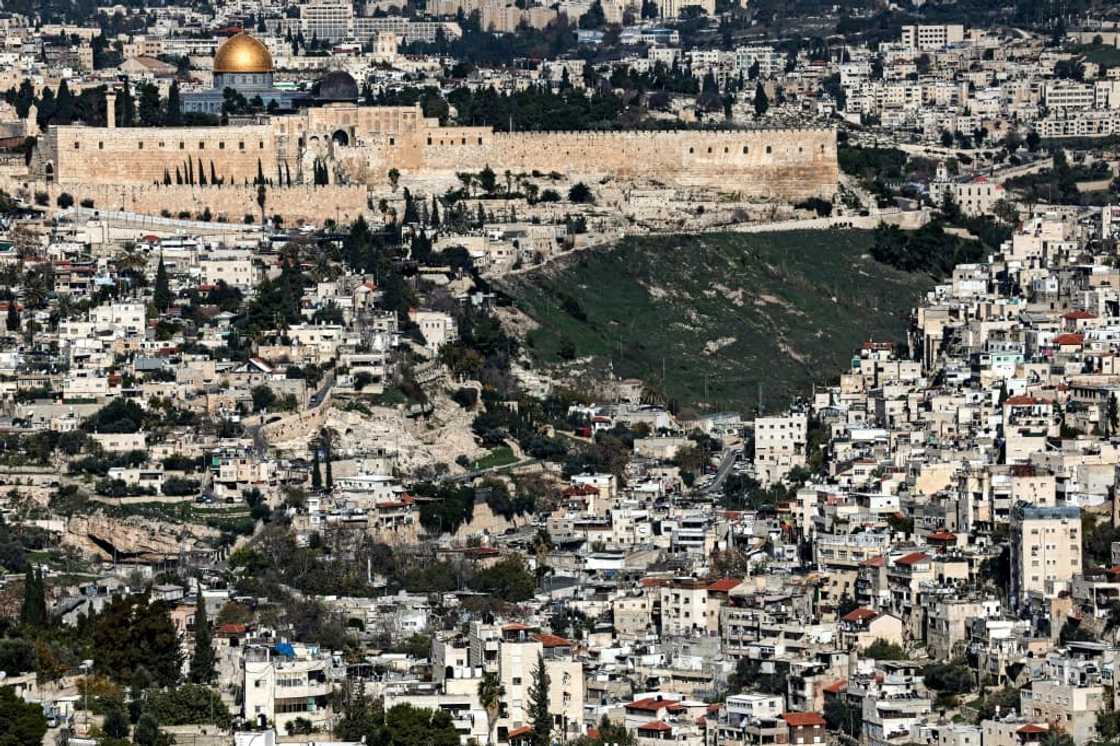
Source: AFP
Tourism accounts for about three percent of Israel's economy and employs around 200,000 Israelis directly, according to the tourism ministry.
The country had been projected to draw 5.5 million visitors in 2023, a million more than 2019's record high, it added.
October 7 changed all that.
Hamas's attack on southern Israel resulted in the deaths of around 1,160 people in Israel, most of them civilians, according to an AFP tally based on official Israeli figures.
At least 27,840 Palestinians, most of them women, children and adolescents, have been killed in the Gaza Strip in retaliatory Israeli bombardments and ground offensive since October 7, according to the health ministry in the Hamas-ruled territory.
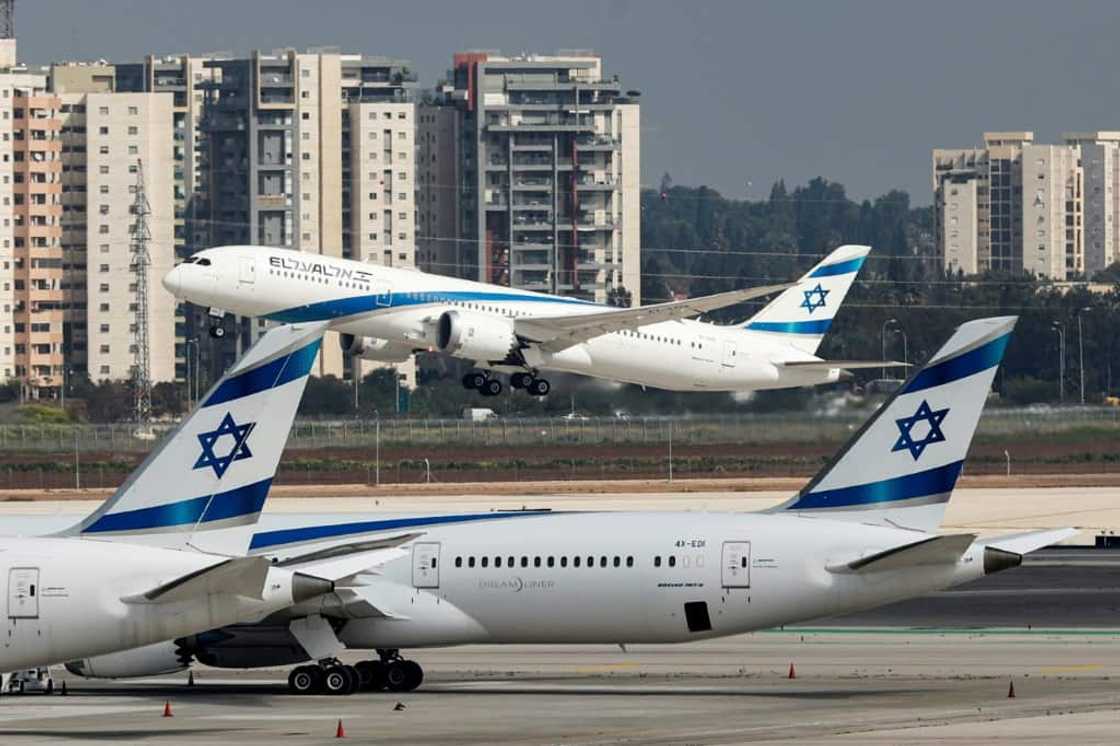
Source: AFP
Foreign tourism to Israel evaporated immediately after the attack -- accelerated by many airlines cancelling flights to Israel -- which has put tour guides, hotel staff, bus drivers and others out of work.
Only around three million people had visited Israel by the end of 2023, the ministry said.
Many hotels now receive government funding to house Israelis displaced by the war -- from areas near Gaza and from along the northern border with Lebanon, which has been rocked by cross-border fire with militant group Hezbollah.
But smaller business like Fauzi Azar have been left in the lurch.
A lost year
The sector's new crisis sparked by the war could not have come at a worse time, said Peleg Lewi, a senior adviser to Israel's tourism minister.
"2023 was the year that we recovered from the Covid and it was supposed to be the most successful year in Israel's history," he said.
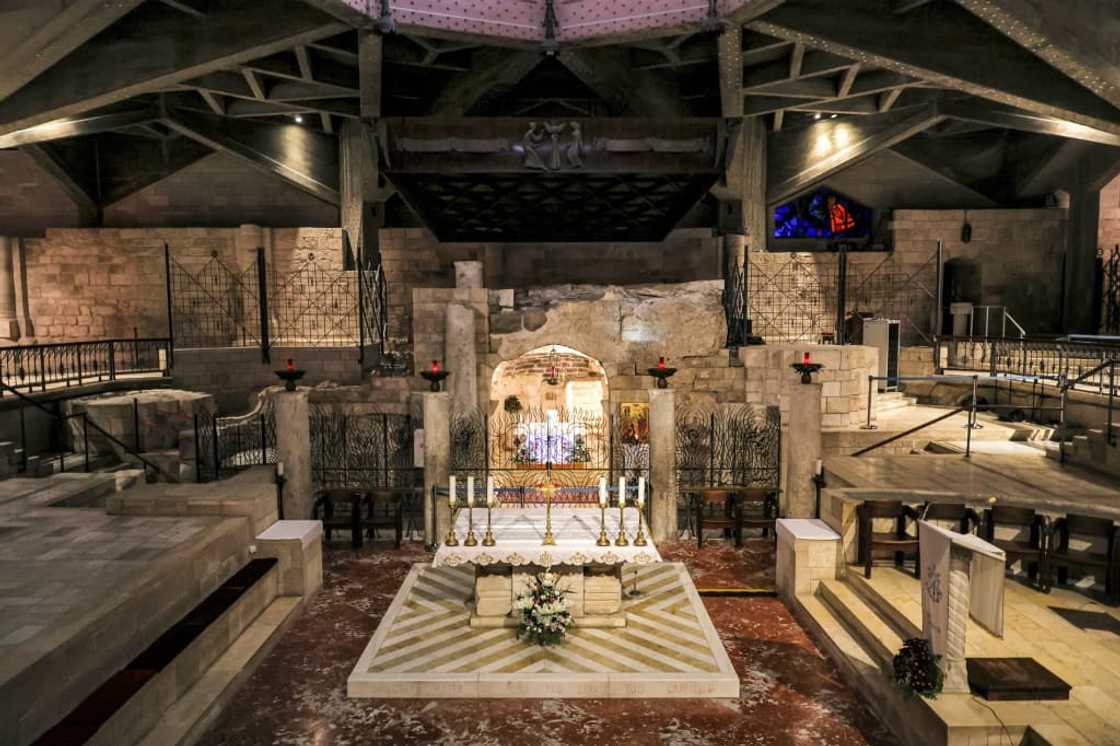
Source: AFP
Israel's previous major wars -- in 2006 against Hezbollah and in 2014 against Hamas -- each lasted less than two months and their economic impact was limited, said Michel Strawczynski, an economist at Hebrew University of Jerusalem.
Now Israel has been engaged in fighting for over four months with both militant groups, and has called up hundreds of thousands of reservists.
No end appears in sight anytime soon. Israeli leaders say attaining the war's objectives could take a year.
Strawczynski said this war's economic impact will "clearly" be higher, largely because of the loss of foreign tourism.
In the fourth quarter of last year, Israel's GDP fell by about three percent, he said.
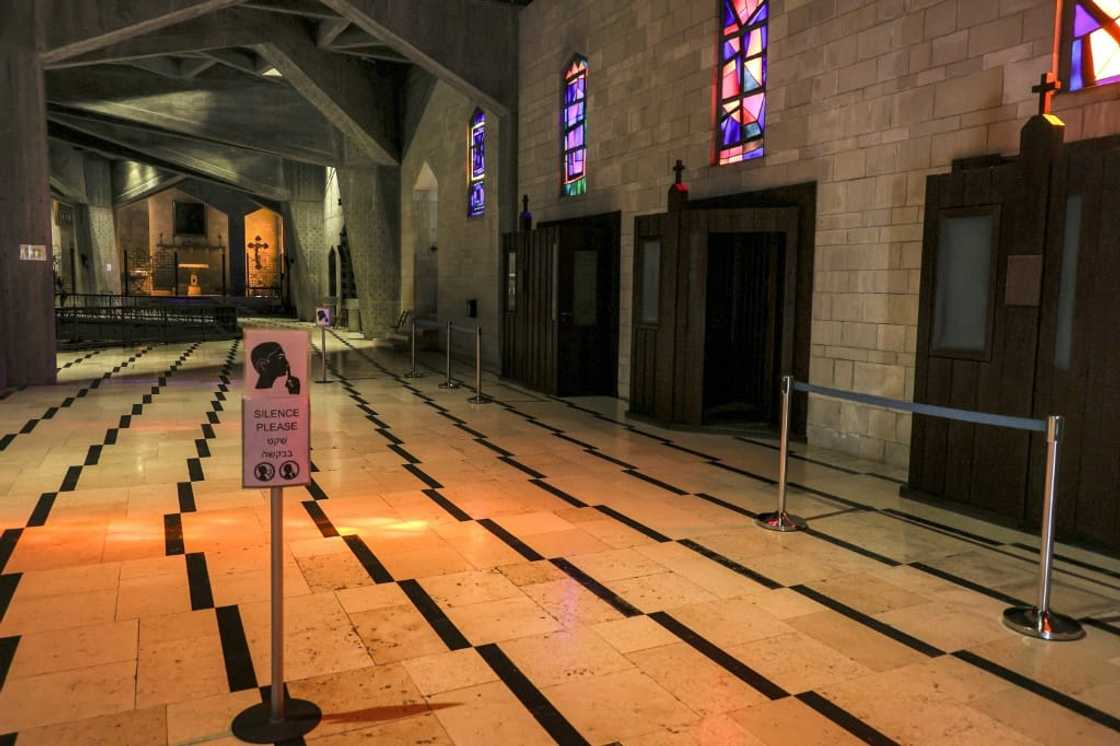
Source: AFP
"Concerning 2024, things are completely dependent on how long this war will be, and also whether there will be a deeper confrontation in the north," he said.
The current estimation at Israel's tourism ministry is that -- even if fighting in Gaza subsides and there is no war with Hezbollah -- 2024 as a whole already appears "a bit lost", said Lewi.
"If everything goes okay, we see the end of 2024 coming back to normality," he said.
In the basilica in Nazareth, one of the caretakers, Friar Wojciech Boloz, said he hopes the usual crowds will soon come back.
"We feel a little bit empty without the pilgrims," he said.
Tourists and pilgrims not only fuel the local economy, Boloz said. "They give the life to this church."
PAY ATTENTION: Follow Briefly News on Twitter and never miss the hottest topics! Find us at @brieflyza!
Source: AFP


